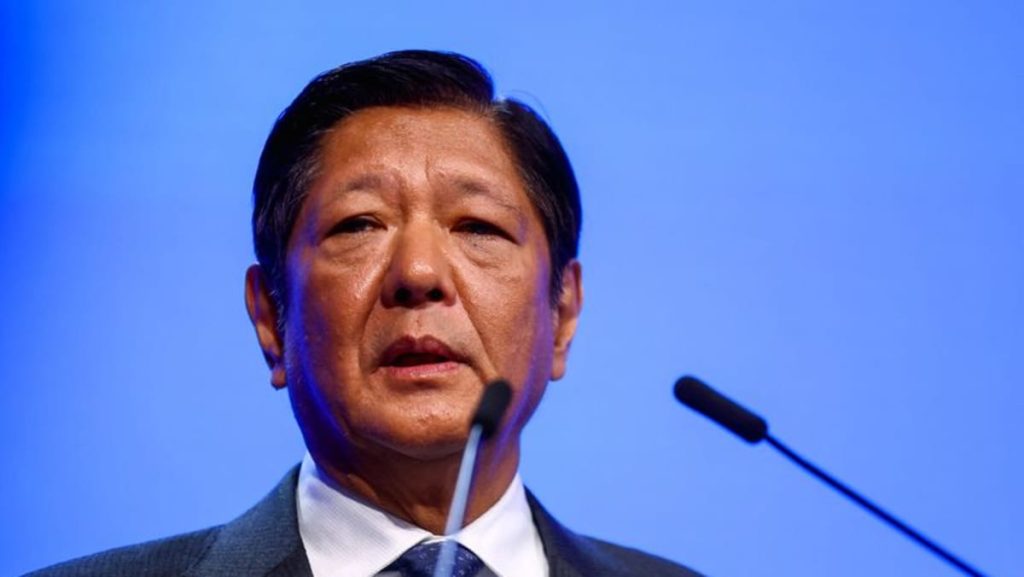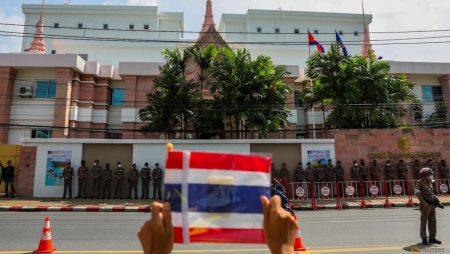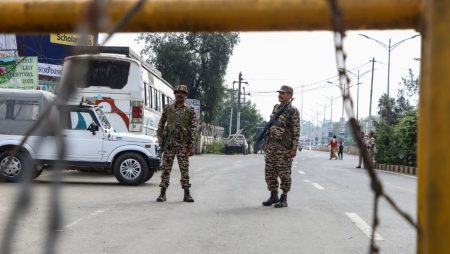The Philippines, a predominantly Catholic nation, is currently grappling with a contentious debate surrounding a proposed bill to mandate comprehensive sexuality education in schools. President Ferdinand Marcos Jr. has vehemently opposed the measure, expressing his intent to veto it should it pass Congress. He criticized the bill’s purported inclusion of topics like masturbation for four-year-olds and the encouragement of exploring different sexualities, labeling these concepts as “abhorrent” and “ridiculous.” This stance reflects the deeply ingrained conservative values within Filipino society, where discussions about sexuality are often considered taboo.
Proponents of the “Prevention of Adolescent Pregnancy” Bill, including Senator Risa Hontiveros, argue that comprehensive sexuality education is crucial to address the country’s high rate of teenage pregnancies and sexual assault of minors. They contend that providing age-appropriate and medically accurate information about sexual health and reproductive rights can empower young people to make informed decisions and protect themselves from potential harm. They assert that the bill is designed to be culturally sensitive, rights-based, inclusive, and non-discriminatory, aiming to equip adolescents with the knowledge and skills necessary to navigate the complexities of sexuality in a responsible manner.
The clash between President Marcos’s conservative stance and the advocates’ push for comprehensive sexuality education highlights the tension between traditional values and the need for modern approaches to public health issues in the Philippines. The president’s strong opposition, rooted in his moral objections, underscores the significant influence of the Catholic Church and conservative groups in shaping public opinion and policy on matters related to sexuality. This resistance creates a formidable challenge for those seeking to implement evidence-based solutions to address pressing social problems like teenage pregnancy and sexual abuse.
Senator Hontiveros has refuted President Marcos’s claims about the bill’s content, denying the inclusion of terms like “masturbation” and “trying different sexualities.” While acknowledging the president’s concerns, she has expressed willingness to amend the bill to facilitate its passage. This indicates a potential avenue for compromise, although navigating the deeply polarized views on this issue remains a significant hurdle. The willingness to amend the bill suggests a recognition of the need to address the president’s concerns and build consensus, potentially by clarifying the age-appropriateness of the proposed curriculum and emphasizing the importance of parental involvement in their children’s education.
The current status of the bill in the Senate further complicates the situation. With the legislative session slated to adjourn soon before the midterm elections, the likelihood of the bill’s passage in its current form appears slim. This timeframe adds pressure on both sides of the debate to either find common ground or risk the bill being shelved indefinitely. The impending elections could also influence the political calculus surrounding the bill, with legislators potentially hesitant to take a controversial stance on such a sensitive issue.
The controversy surrounding the “Prevention of Adolescent Pregnancy” Bill in the Philippines mirrors similar debates occurring in other countries around the world. It highlights the fundamental disagreements about the role of the state in educating young people about sexuality, the appropriate age to introduce such topics, and the balance between parental rights and the need to address public health concerns. The outcome of this debate will have significant implications for the sexual health and well-being of young Filipinos and could serve as a bellwether for similar discussions in other culturally conservative societies.










